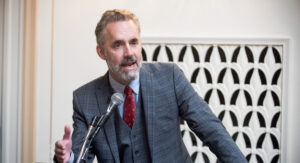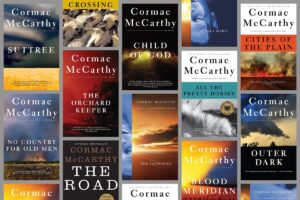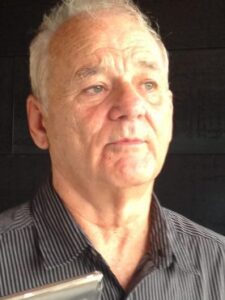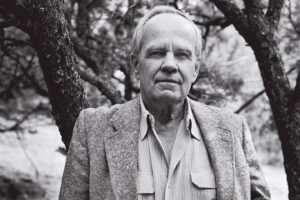Totalitarianism: What, Exactly, Does It Mean?
“The essential characteristic of totalitarian governments is that 100% of the population lies 100% of the time.”

Dr. Jordan B. Peterson
That’s what Dr. Jordan B. Peterson said in this interview. (Or something like that.)
He was speaking about the culture war that has been raging in the past six years, spearheaded by the Black Lives Matter and MeToo movements. And how, since then, the battle has shifted from arguments about competing ideas that are indisputably true (i.e., Black Lives Matter and All Lives Matter) to ideas that are indisputably false (i.e., Slavery Is the Invention of White Men and Men Can Have Babies). And he was saying that this drift towards “telling and believing lies” was and is a symptom of a culture that is drifting towards totalitarianism.
When his interlocutor challenged him on this assertion, he doubled down on it, saying that in a totalitarian state, 100% of the people lie 100% of the time.
100% of the population 100% of the time?
That sounded to me like intentional hyperbole. But Peterson isn’t the sort of person that typically exaggerates his claims. He has achieved prominence as a public intellectual by knowing the facts and making thoughtful and measured statements. On top of that, he has spent years studying political and social ideologies.
Totalitarian and totalitarianism are words one hears all the time today. What’s interesting about them is that they are used by people on both sides of the aisle to negate and, if possible, cancel their opponents. (This is also true for the word fascism, which perhaps we’ll investigate in a future blog post.)
And since there is a good chance these words will keep popping up in future conversations, I thought I should spend some time trying to understand what they really mean.
First, a bit of word history…
The word “totalitarianism” dates to the fascist era of the 1920s and 1930s. The lexicographers say it was first used by Italian political theorists, including Giovanni Gentile in Italy and Carl Schmitt in Germany, to refer to Mussolini’s rule. And the little history I’ve read on the subject says that Mussolini’s ideas were based on right-wing utopian ideas of how countries should be run. So, put one check in the right-wing box as a descriptor of totalitarianism.
But the word was next picked up to describe the rule of communism in Russia, especially under Joseph Stalin. The intellectual validation for totalitarianism came from Lenin through Marx and then Stalin, where it came to mean (and to justify) a fully developed communist ideology, using Marx’s phrase, “the dictatorship of the proletariat” to mean the dictatorship of the Soviet Communist Party.
It was also used to describe the governments of Nazi Germany under Adolf Hitler (1933–45) and China under Mao Zedong (1949–76). Not to mention these.
Currently, the Kim dynasty in North Korea and the Islamic Emirate of Afghanistan (from 2021) can reasonably be described as “totalitarian.”
A definition…
What this boils down to, for me, is that the word can be fairly used to describe governments from either side of the left-right political divide. The key phoneme here is total. You can find dozens of definitions of the word online, but Wikipedia’s is as good as the rest:
“Totalitarianism is a form of government and a political system that prohibits all opposition parties, outlaws individual and group opposition to the state and its claims, and exercises an extremely high if not complete degree of control… over public and private life.”
That definition is unlikely to be debated. The only debatable issue is how much control a government must exert to earn the descriptor “totalitarian.”
Based on my research, here are nine characteristics to be considered when determining whether any government is totalitarian:
Characteristics of totalitarianism…
- total single-party rule
- state-controlled communication
- widespread oppression
- police-directed terror
- utopian vision
- enforcement of state-dictated ideologies
- mobilization against enemies
- self-aggrandizing leadership
- a controlled economy
You might wonder about #5. How can governments that tortured and killed millions be said to have been based on a utopian vision?
As an ideology, totalitarianism can be linked to a variety of perennial values and intellectual commitments. The best-known example is Plato’s Republic, which promoted a caste-based society in which both social and moral order are to be maintained and fostered through strict political control and eugenics.
For much more about the history and philosophy of totalitarianism, click here.





